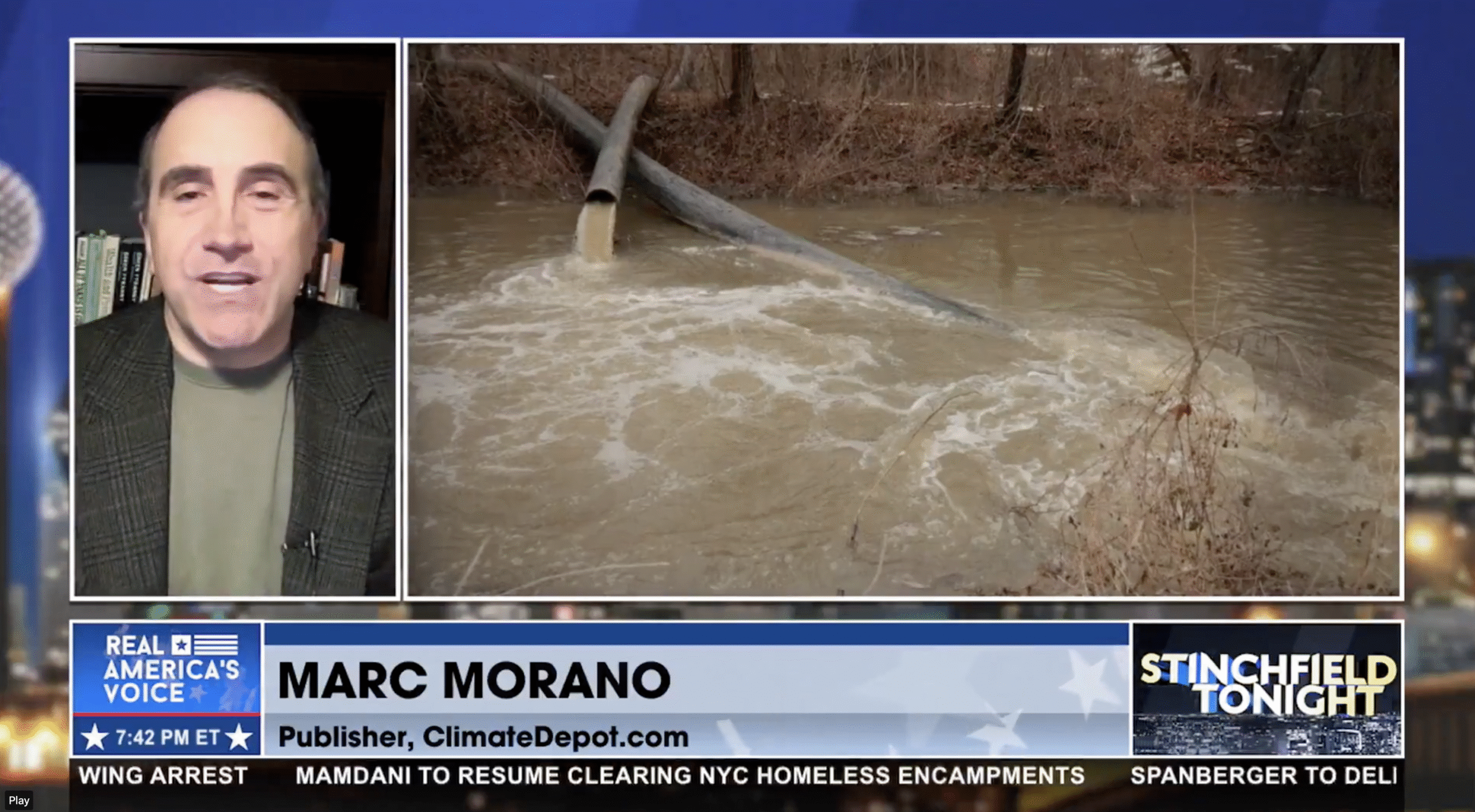Excerpt from Judith Curry:
JC note to defenders of the idea that the planet has been warming for the past 16 years:
Raise the level of your game. Nothing in the Met Office’s statement or in Nuticelli’s argument effectively refutes Rose’s argument that there has been no increase in the global average surface temperature for the past 16 years.
Use this as an opportunity to communicate honestly with the public about what we know and what we don’t know about climate change. Take a lesson from these other scientists that acknowledge the ‘pause’, mentioned in my previous post Candid comments from global warming scientists
Kevin Trenberth:
The hiatus [in warming] was not unexpected. Variability in the climate can suppress rising temperatures temporarily, though before this decade scientists were uncertain how long such pauses could last. In any case, one decade is not long enough to say anything about human effects on climate; as one forthcoming paper lays out, 17 years is required
Trenberth questions whether the Argo measurements are mature enough to tell as definite a story as Hansen lays out. He has seen many discrepancies among analyses of the data, and there are still “issues of missing and erroneous data and calibration,” he said. The Argo floats are valuable, he added, but “they’re not there yet.”
Susan Solomon:
“What’s really been exciting to me about this last 10-year period is that it has made people think about decadal variability much more carefully than they probably have before,” said Susan Solomon, an atmospheric chemist and former lead author of the United Nations’ climate change report, during a recent visit to MIT. “And that’s all good. There is no silver bullet. In this case, it’s four pieces or five pieces of silver buckshot.”
Jim Hansen:
These revelations are prompting the science’s biggest names to change their views.
Indeed, the most important outcome from the energy hunt may be that researchers are chronically underestimating air pollution’s reflective effect.
“Less efficient mixing, other things being equal, would mean that there is less warming ‘in the pipeline,’” Hansen said. “But it also implies that the negative aerosol forcing is probably larger than most models assumed. So the Faustian aerosol bargain is probably more of a problem than had been assumed.”
Judith Lean:
Climate models failed to reflect the sun’s cyclical influence on the climate and “that has led to a sense that the sun isn’t a player,” Lean said. “And that they have to absolutely prove that it’s not a player.”


